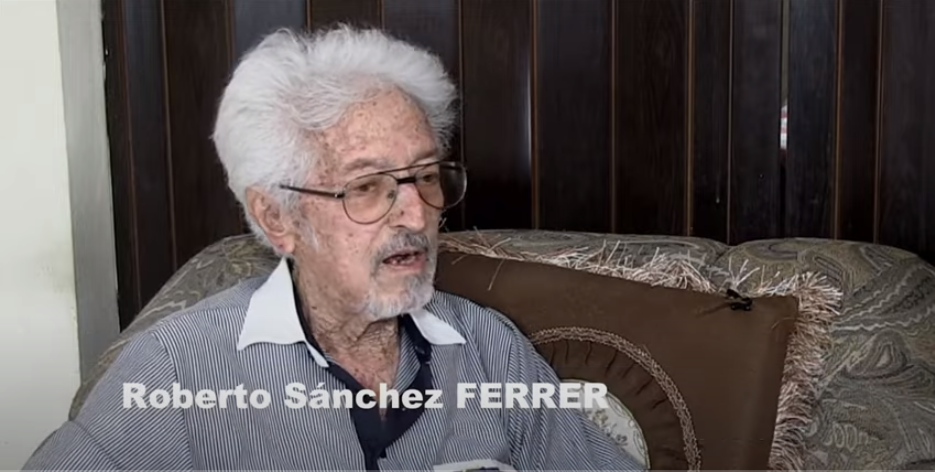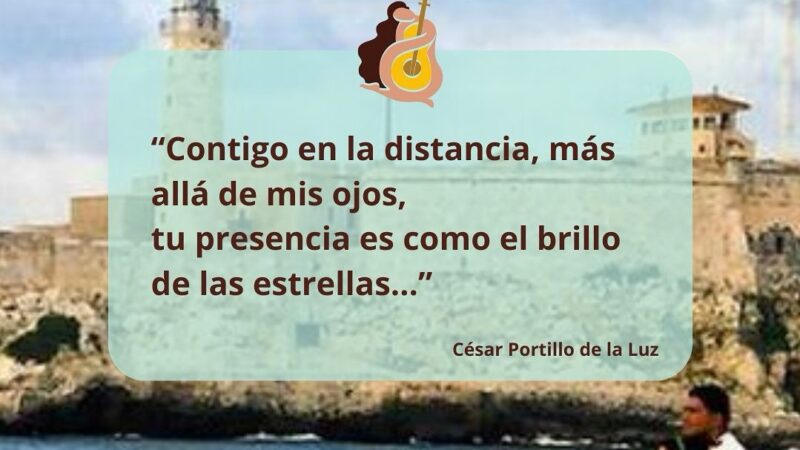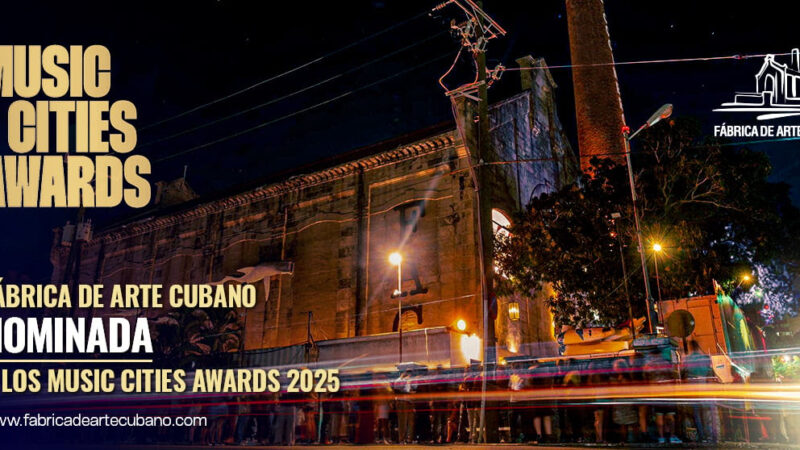Roberto Sánchez Ferrer and the prize for his work

In January 2024, Roberto Sánchez Ferrer received the 2023 National Music Prize. «Of course, I am happy and very grateful,» he said upon receiving the recognition, adding, in a typical manner, «as there are other musicians who have merits in this country of great exponents of Cuban and universal music.»
A native of La Víbora in Havana, Ferrer was born on 31 December 1927. He began his musical career at the Edison Institute and the Levy Conservatory. At the age of 18, he conducted a musical review with musicians from the Havana Philharmonic Orchestra. During his prolific life, he collaborated with the likes of Iris Burguet, Esther Borja, Omara Portuondo, Armando Pico, Ernán López-Nussa and Chucho Valdés, among others.
In 1945 he was part of «Los raqueteros del Swing» and played in orchestras such as Hermanos Castro, Le Batard, Orquesta Riverside and Havana Radio. He also took on roles in some of the most prestigious venues of the time, making his mark at the Tropicana (with Armando Romeu’s orchestra), Sans-Souci and Montmartre. In addition to jazz, his interest in composition and opera grew, influenced by his father’s encouragement of classical music.
In 1955, he took on the direction of Giacomo Puccini’s La Bohème, the first opera to be broadcast on national television. Reflecting on the challenge, he said: «The orchestra had thirteen musicians and a piano was added, which by the way was Pura Ortiz (…) I persuaded her when I was appointed musical director of Channel 2 and she did a marvellous job. Pura has always been a very capable artist. She provided everything that was missing in that orchestra. Imagine, 90 per cent of what was needed was missing!
A declared friend of Cuban classical composers such as Ernesto Lecuona, Rodrigo Prats and Gonzalo Roig, in 1961 he conducted the orchestra of the Teatro de las Naciones Sara Bernhardt in a production of Giuseppe Verdi’s La Traviata, the first opera season in the country after the revolutionary triumph.
Of this performance, he later said: «There was an eagerness to discover. When we staged this opera, the line of people went around the theatre. Pro Arte always took care to present one or two operas a year. When the revolution started, it was incredibly full. That encouraged us to continue fighting for opera in Cuba; it was a dream of ours to create a stable movement, and we practically succeeded. We had our opera company, which is now the National Lyrical Theatre.
Years later, he took on the task of adapting Roig’s score for the production of Cecilia Valdés, which was performed in various venues in Cuba and around the world.
In one of the most quoted interviews about Ferrer, conducted by researcher Rosa Marquetti Torres, the specialist gives one of the most accurate assessments of him in the field of Cuban musical culture.
«This man individualised a rare evolutionary path that took him from the swing era to symphonic and opera music, from Benny Goodman to Giuseppe Verdi, through Matamoros, Lecuona, Grenet or Pérez Prado, in a path of musical and personal growth in which his values as an instrumentalist, orchestral director and arranger were always on the rise. That’s why it’s amazing to have the unique opportunity to delve into his life and work with him as the main source. The energy and agility he displays, the cleverness and persistence of his memory, and the smiling serenity with which, with the experience of lived moments, he accepts the reference to alarming omissions and unimaginable forgetfulness… (…) and to his image of a kind and chivalrous Don Quixote, with elegant and measured manners, adds as a fundamental value one of the longest and most remarkable careers that a Cuban musician can have today, in this 21st century.»
Congratulations to Maestro Sánchez Ferrer for the National Music Prize. We wish him good health and prosperity.
Translated by Luis E. Amador Dominguez



